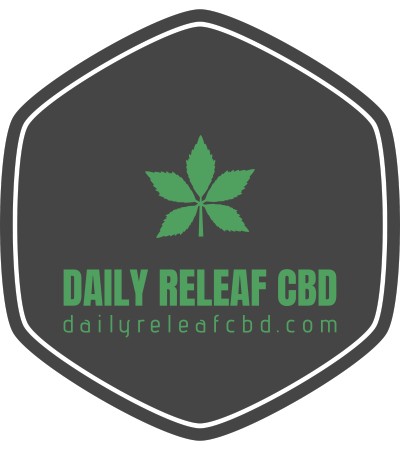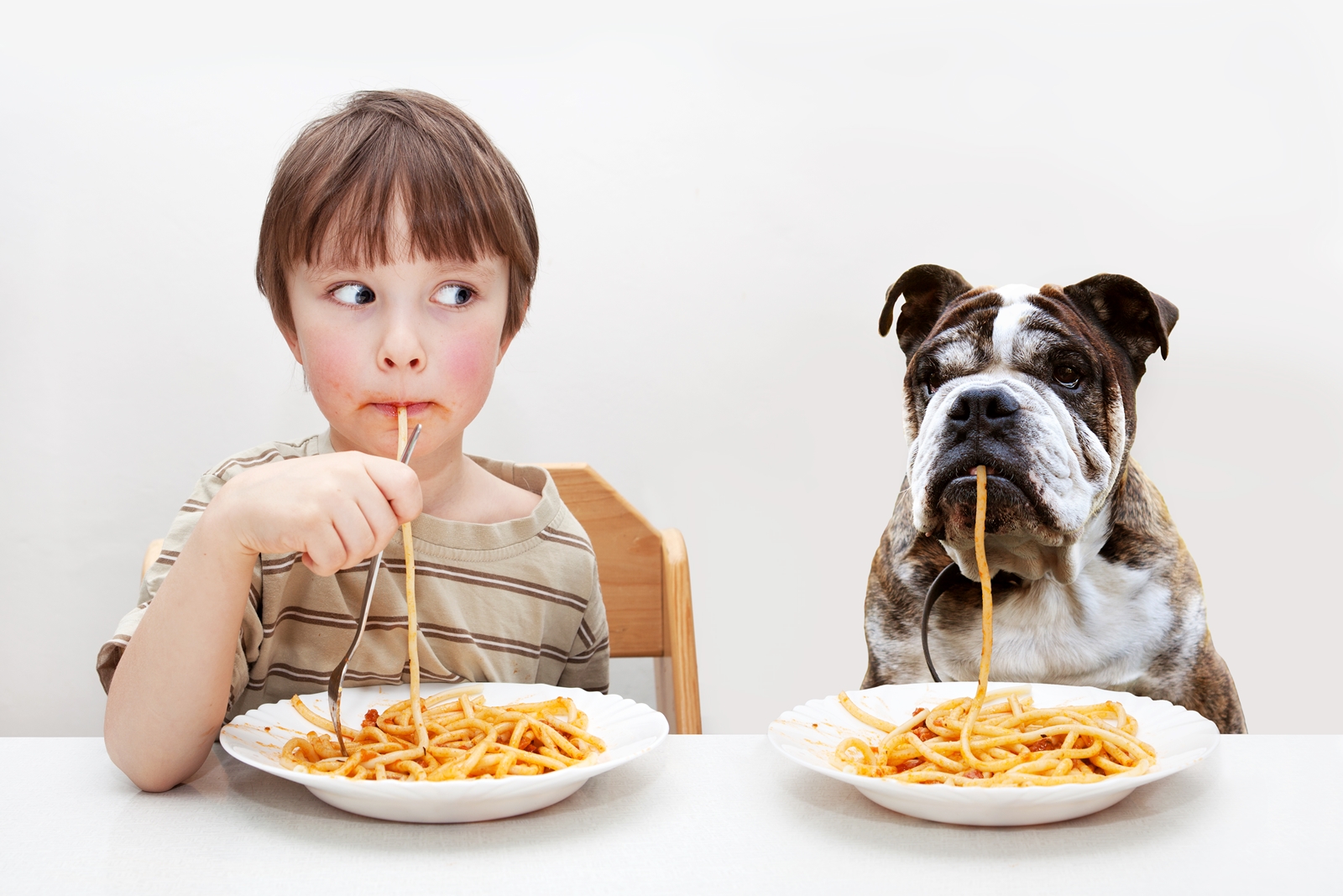Certain human foods, like carrots and blueberries, can be safe for most dogs. But others, like garlic and onions, can be toxic.
Dogs and humans metabolise foods differently.
For this reason, some foods are safe for humans to eat but may be toxic and potentially deadly for dogs.
On the other hand, there are many human foods that are perfectly safe and even healthy for dogs to eat as an occasional treat.
This article gives an overview of 53 foods and whether or not your dog can eat them.
Carrots: Can Eat
Both raw and cooked carrots are safe for your dog to eat.
Carrots are low in calories and a good source of vitamins, minerals, and fibre. This makes them a very healthy food for your dog to snack on.
Before feeding carrots to your dog, make sure to cut them into bite-size pieces to prevent choking.
Grapes and Raisins: Can’t Eat
You should never feed grapes or raisins to your dog.
Grapes and raisins contain toxic compounds that are harmful to dogs. They have the potential to lead to rapid kidney failure and death.
Even small amounts of grapes and raisins can make your dog sick, so it’s important to avoid giving them to your dog altogether.
Salt: Limit
Salt should be limited in your dog’s diet.
Excessive salt intake may lead to salt poisoning or water deprivation in dogs, which can cause vomiting, diarrhoea, vomiting and seizures. In severe cases, high amounts of salt can be fatal.
To prevent adverse effects, you should not feed your dog salty foods, such as crisps or pretzels. Furthermore, always make sure your dog has water to drink, which can prevent water deprivation.
Peanut Butter: Can Eat
However, it is best to limit your dog’s peanut butter intake. Since peanut butter is high in fat and calories, it may lead to weight gain if he eats too much.
Also, make sure to feed your dog plain, unsalted peanut butter. Peanut butter commonly has extra ingredients added to it, such as salt, which could be harmful to your dog.
Eggs: Can Eat
One medium egg provides some of almost every vitamin and mineral, plus lots of protein. There are claims that eggs may also help relieve nausea in dogs, although there is no scientific evidence behind this claim.
It is important to note that you should avoid feeding raw eggs to your dog. While dogs typically do not get sick from eating raw eggs, bacteria, such as Salmonella, can spread from the dog to its human owners, increasing their risk of infection.
Salmon: Can Eat
Salmon is a great source of omega-3 fatty acids, which are known to reduce inflammation and may help keep your dog’s skin and fur healthy.
However, you should avoid feeding raw salmon to your dog. It may contain a parasite that is known to cause salmon poisoning disease, which can be fatal.
Chocolate: Can’t Eat
This is because chocolate contains theobromine and caffeine, two stimulants that dogs cannot efficiently metabolise.
If your dog eats chocolate, he may exhibit symptoms like vomiting, diarrhoea and dehydration. These symptoms may lead to more serious complications, such as internal bleeding, muscle tremors, seizures and death.
Darker and less sweet varieties of chocolate, such as cocoa powder and unsweetened baker’s chocolate, are more poisonous to dogs than sweetened varieties, such as milk chocolate.
Cheese: Limit
Due to the fat and lactose content of cheese, some dogs may have digestive symptoms, such as stomach pain and diarrhoea, after eating it.
To avoid unpleasant symptoms, it is best to introduce cheese into your dog’s diet gradually. It may also help to only feed your dog low-fat cheeses, such as mozzarella.
Blueberries: Can Eat
Blueberries are a rich source of disease-fighting antioxidants and provide a significant amount of vitamins, minerals and fibre, all of which may benefit your dog’s health.
Moreover, blueberries are low in calories and small in size, making them an excellent health-conscious treat for your dog.
Popcorn: Can Eat
Salt is often added to popcorn, which can lead to serious complications if your dog eats too much. Butter and oil are other common popcorn ingredients that are high in fat and may lead to pancreatitis in dogs if over-consumed.
For these reasons, it is best to only feed your dog plain, air-popped popcorn.
Popcorn kernels are also a choking hazard and may get stuck in your dog’s teeth, so you should only provide your dog with fully-popped kernels.
Cashews: Limit
Plain, unsalted and roasted cashews are safe for most dogs to eat in moderation. However, cashews are high in fat and calories and may lead to weight gain and pancreatitis when consumed in excess.
Macadamia Nuts: Can’t Eat
Macadamia nuts contain an unknown toxin that may lead to vomiting, muscle weakness, tremors, hyperthermia and depression when dogs consume them, even in small amounts.
Additionally, macadamia nuts have a high fat content, which may elevate your dog’s triglyceride levels and potentially lead to pancreatitis.
Almonds: Limit
Although plain, unsalted almonds are generally safe for dogs to eat in small amounts, they are difficult for dogs to digest and may lead to vomiting and diarrhoea.
Almonds are also high in fat and calories and have the potential to cause weight gain and pancreatitis in dogs. If you feed your dog almonds, it is best to give very small servings.
Pineapple: Can Eat
Additionally, pineapple is full of many vitamins, minerals and fibre, making it an excellent nutrient-dense snack for your dog.
Similar to other foods, dogs may experience symptoms like nausea and diarrhoea if they eat too much pineapple. Thus, it is best to feed your dog a small amount of pineapple at a time.
Onions: Can’t Eat
Onions contain N-propyl disulphide, a compound that is toxic to dogs. It can damage your dog’s red blood cells, reducing their ability to carry oxygen through the body. This often results in a condition called anaemia.
Anaemia in dogs is characterised by a variety of symptoms, including lethargy, weakness, decreased appetite and fainting. In severe cases, dogs with anaemia may need a blood transfusion.
It is important to note that all components and forms of onions are toxic to dogs, even the leaves, juice and processed powders, such as onion powder.
Watermelon: Can Eat
Watermelon rinds and seeds could be a choking hazard, and some people claim that they can cause digestive problems in dogs.
However, watermelon fruit on its own is a very healthy treat for dogs, as it is low in calories and packed with nutrients, such as vitamin A and vitamin C.
Cottage Cheese: Limit
However, some dogs may experience digestive issues, such as nausea and diarrhoea, after consuming cottage cheese.
For these reasons, you should limit your dog’s cottage cheese intake to one or two small spoonfuls per day or less.
Bread: Can Eat
Before feeding your dog bread, make sure it doesn’t contain any extra ingredients, such as raisins, which could be potentially harmful.
Additionally, keep in mind that bread, along with other foods, adds extra calories to your dog’s diet and may cause weight gain if he eats too much.
- Can My Dog Eat This? A List of Human Foods Dogs Can and Can’t Eat - April 30, 2024
- HHC Gummies By Deltamunchies-Comprehensive Review Top HHC Gummies Unveiled - March 28, 2024
- The Comprehensive Guide to the Benefits of Tremella Functional Mushrooms - October 24, 2023

